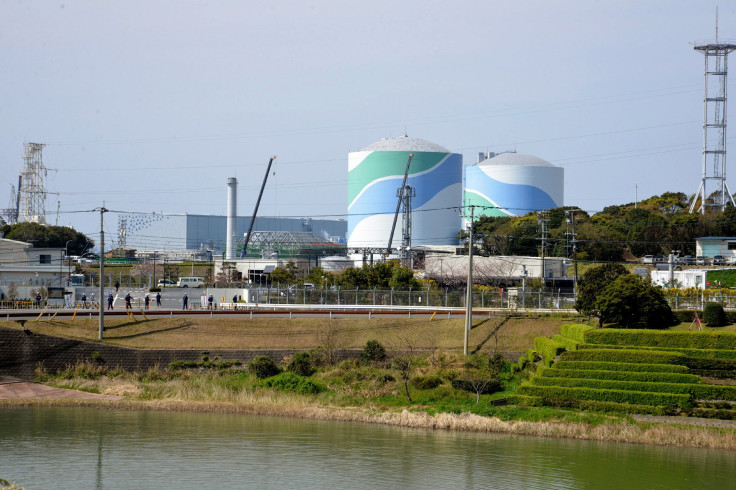Japan To Start First Nuclear Reactor Under New Safety Rules After 2011 Fukushima Disaster

Japan is preparing to begin generating nuclear energy for the first time since a tsunami severely damaged the Fukushima Dai-ichi nuclear power plant in March 2011. A power plant operator said Monday that it will restart a nuclear reactor in southern Japan on Tuesday, making it the first such facility to operate under new safety rules implemented after the Fukushima disaster.
According to Kyushu Electric Power Co., it will restart the No. 1 reactor at its Sendai facility on Tuesday morning, and start power generation as early as Friday. The move will end a four-and-half-year nuclear power moratorium in Japan since the 2011 crisis, which was triggered by a devastating earthquake and tsunami.
“The Sendai restart is obviously a very big positive for the industry overall and for Kyushu in particular,” Polina Diyachkina, an analyst at Macquarie Group Ltd. in Tokyo, told Bloomberg, on Monday. “Going forward, the restarts approval process will be smoother and faster.”
Japan’s Nuclear Regulation Authority (NRA), which was formed after the Fukushima disaster, affirmed the safety of two of the Sendai plant’s reactors in September, under new safety regulations imposed following the 2011 nuclear meltdown, which forced the evacuation of 160,000 people. The No. 1 reactor is expected to reach full capacity next month, while the second reactor is likely to be restarted in October, the Associated Press (AP) reported.
All of Japan’s nearly 50 operable commercial reactors remain closed after the Fukushima accident, and are currently awaiting safety checks by the NRA before they can be put online again. The Japanese government also wants as many of them as possible to be restarted to reduce the country’s dependence on imported energy, AP reported.
While supporters of the nuclear power plant are citing rising costs of gas and oil, opponents are concerned about the ageing plant and the risks it may present in future. According to a recent public survey by Japan’s Mainichi newspaper, 57 percent of respondents were not in favor of restarting the Sendai plant, and only 30 percent supported the move.
“There are schools and hospitals near the plant, but no one has told us how children and the elderly would be evacuated,” the Guardian quoted a representative of a group opposing the Sendai restart as saying. “Naturally there will be gridlock caused by the sheer number of vehicles, landslides, and damaged roads and bridges.”
© Copyright IBTimes 2024. All rights reserved.






















